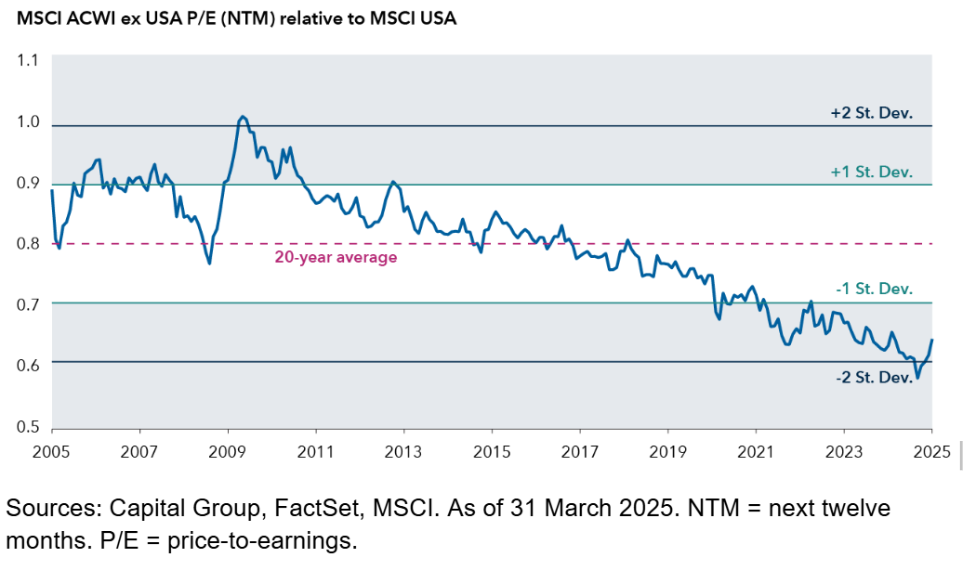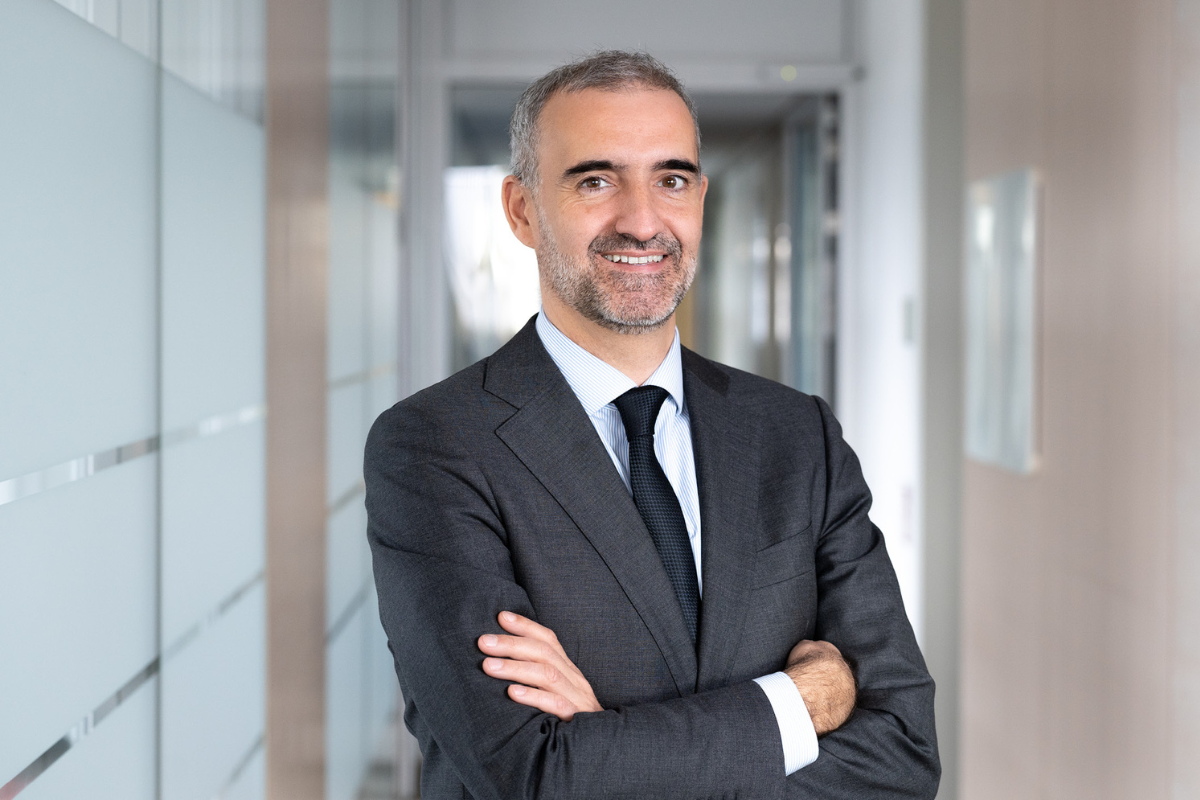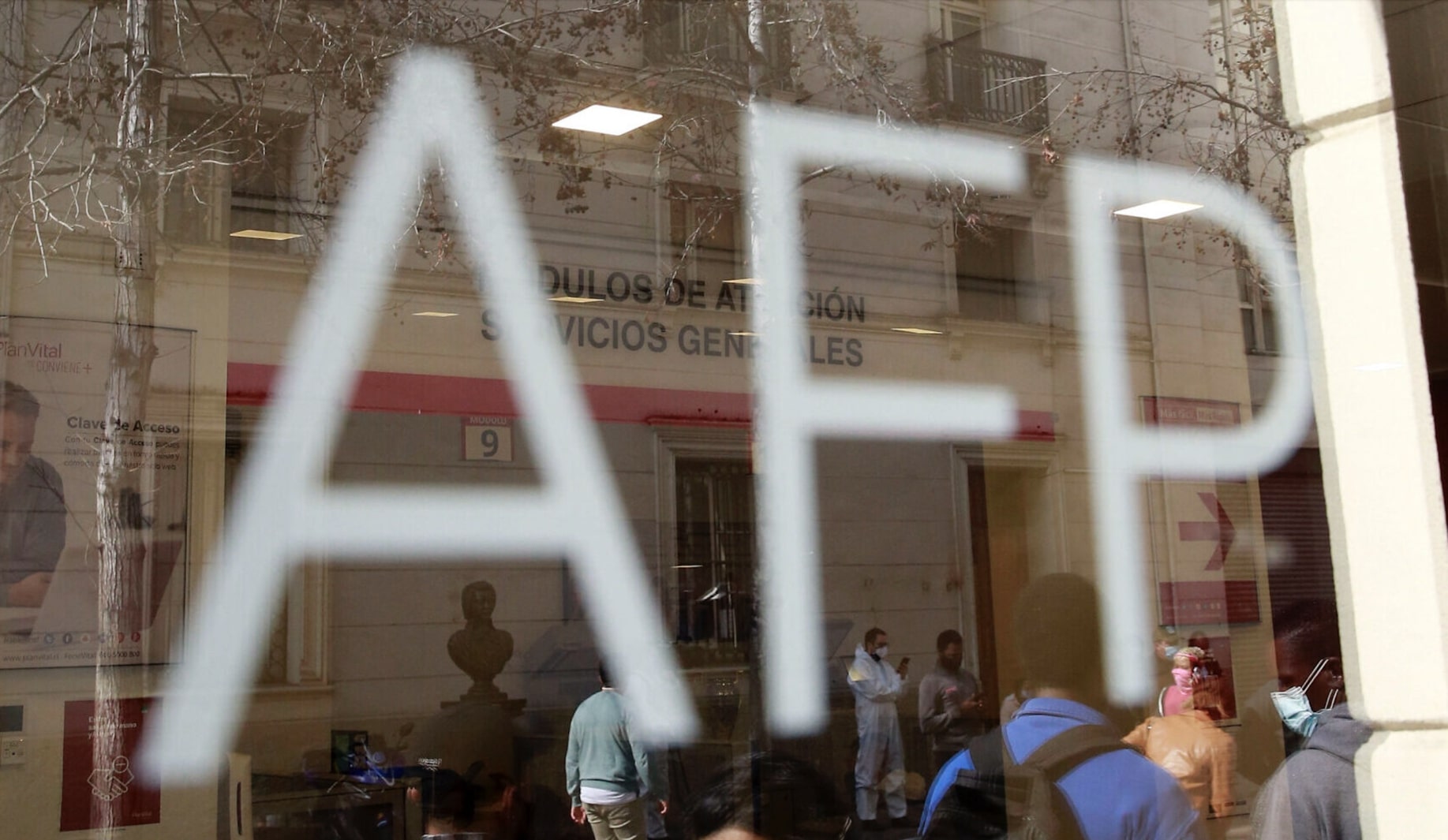Yale’s Contingency Maneuver That Cost 6 Billion Dollars in the Private Market
| By Amaya Uriarte | 0 Comentarios

At the beginning of April, President Trump’s administration initiated a review of 9 billion dollars in federal support to Harvard University, amid an offensive against alleged antisemitism on campus. The government also temporarily froze dozens of research grants at Princeton. In response, these institutions quickly began to strengthen their finances.
Harvard announced plans to secure a 750 million dollar loan through a bond issuance as a financial cushion and is also in talks to sell 1 billion dollars in private equity stakes. Princeton also indicated that it could raise around 320 million dollars through a taxable bond issuance.
Yale University, which holds one of the largest endowments in the world, is also taking action. Yale revealed that it is exploring the sale of a large portion of its private investments on the secondary market. The transaction could amount to around 6 billion dollars, representing approximately 15% of Yale’s endowment. By converting part of its illiquid assets into cash, Yale would be better positioned to face potential funding cuts, especially considering it receives nearly 900 million dollars in federal funds.
Yale’s Endowment and the “Yale Model”
Yale’s endowment, valued at 41.4 billion dollars, supports the university’s operations in perpetuity. Each year, the institution typically allocates around 5% of the endowment’s value to fund its budget, meaning the portfolio must generate returns covering this spending plus inflation, approximately 7% annually over time.
To achieve this goal, Yale follows an investment approach developed by David Swensen, known as the “Yale Model.” This approach prioritizes diversification and allocates a large portion of capital to illiquid assets such as private equity, venture capital, and hedge funds. The strategy aims to achieve higher long-term returns through illiquidity and complexity premiums available in private markets. While this approach has generated strong results over the past two decades, it also requires careful liquidity management, especially during periods of stress, when much of the portfolio cannot be easily sold.
The portion of Yale’s operating expenses covered by its endowment is considerable (representing nearly 35% of the university’s total budget) and has remained stable over the years. However, this could change if federal grants are reduced.
Why Yale Is Considering a 6 Billion Dollar Sale
Several factors contributed to Yale’s consideration of selling around 6 billion dollars of its private investments in 2025, with political uncertainty as the main driver. Funding cut threats from Washington are more than mere rhetoric, as federal agencies have already delayed or imposed new conditions on research grants for some Ivy League universities.
Universities like Yale are preparing for a scenario where government support could be reduced, at least temporarily. Having additional cash on hand is a prudent measure to ensure that teaching and research can continue without interruptions, even if federal funds are withheld. Yale’s endowment assets are largely illiquid, so selling some investments on the secondary market is a way to quickly obtain liquidity.
Beyond politics, market conditions have made managing Yale’s illiquid portfolio more challenging. In recent years, stock markets have fluctuated dramatically, and interest rates have risen from near zero to multi-year highs, which has unbalanced Yale’s portfolio.
As stock markets surged, Yale’s significant private investments lagged behind, as many private equity positions did not register immediate gains or exits (profitable sales of companies) during that period. In fact, Yale’s investment return for fiscal year 2024 was only 5.7%, significantly below its 10-year average of 9.5%.
The university openly acknowledged that its significant allocation to private assets would cause a lag during periods of strong performance in public markets, especially when exit markets for such private assets are weak. This situation naturally calls for a rebalancing, trimming some private investments to free up cash and possibly reallocating it to areas that maintain the desired asset mix and risk level.
Another key factor is the slowdown in cash distributions from private equity funds. University endowments depend on private equity managers to eventually return cash from their investments; when a private equity fund sells a portfolio company or takes it public, profits are distributed to investors like Yale. Lately, these distributions have slowed to a trickle.
Since 2022, the pipeline of initial public offerings (IPOs) and large acquisitions has been weak, meaning private equity funds are holding onto companies longer and sending less cash back to investors. According to one estimate, private equity firms’ payout rates have dropped to about a third of their previous levels.
Consultants from Bain & Company report that annual distributions to investors have fallen from about 29% of private assets a decade ago to just 11% today. This “liquidity squeeze” poses a challenge for endowments: while their portfolios may seem solid on paper, the actual cash flow available to fund operations has diminished significantly.
Yale’s high exposure to private equity (around 45% of its portfolio, the highest among top universities) makes it particularly vulnerable to these cash flow delays. As one analyst put it, it’s a “perfect storm,” pressuring large endowments with lower short-term returns, reduced investment liquidity, and now, political threats to income streams. Selling some private assets now, even at a slight discount, would provide Yale with a liquidity cushion and reduce the risk of falling short if multiple challenges persist. Yale’s leadership has also hinted at budgetary prudence: the university warned that its next fiscal budget for 2026 will be “much more limited” due to the recent underperformance of its endowment funds.
How a Secondary Sale of Private Assets Works
Private equity investments are designed to be long-term and illiquid. Investors commit capital to a fund, which is deployed gradually over several years, and cash returns (or distributions) typically occur only after the underlying companies are sold. However, investors like Yale can exit early by selling their fund stakes on the secondary market, where buyers assume both the remaining capital commitments and the right to future distributions.
To make this transaction attractive, sellers usually offer a discount on the Net Asset Value (NAV), the most recent valuation reported by fund managers. In the current market, these discounts typically range between 10% and 20%, depending on factors such as the fund’s age, strategy, manager quality, and market sentiment. For example, if Yale sells a stake with a NAV of 100 million dollars, it might receive only between 80 and 90 million dollars in cash. The larger the discount, the higher the implicit cost of liquidity.
For Yale, a 6 billion dollar sale could generate actual proceeds of around 5 to 5.4 billion dollars after discounts. This means accepting some value erosion compared to paper valuations, which affects short-term performance metrics. However, it also reduces the risk of overexposure to illiquid assets in a complex exit environment while improving Yale’s ability to meet potential cash needs, from covering operating costs to managing future capital calls from other private funds.
“We Are Not Abandoning Private Markets”: Yale’s Assurances
Yale has made it clear that the planned sale is a tactical adjustment, not a strategic shift. In a statement to Reuters, the university emphasized: “We remain committed to private equity investments as a core part of our investment program and continue to make new commitments to funds raised by our current investment managers.” Yale is also “actively seeking new relationships with private equity firms.”
Private markets remain essential to the university’s investment model, not only because of their historical returns but because Yale must maintain a high-risk profile to meet its long-term return target, which usually hovers around 7% annually to cover both its spending rate and inflation. Even after the sale, the endowment will maintain significant exposure to illiquid assets.
Private Equity: Retreat or Pause?
Yale’s secondary sale plans are part of a broader moment of adjustment in the private equity market, driven by macroeconomic shifts. After years of rapid growth, 2024 marked the first decline in decades of private equity assets under management, with a 2% drop to 4.7 trillion dollars, according to Bain & Co., putting Yale’s 6 billion dollar sale into perspective.
This reflects slower exits from deals, lower fundraising, and reduced cash distributions to investors. Some institutional investors are cutting back their exposure or delaying commitments—not necessarily as a long-term rejection but as a temporary response to reduced liquidity, market volatility, and political uncertainty. At the same time, global changes, such as the withdrawal of Chinese sovereign funds from U.S. private equity, indicate that geopolitics is influencing capital flows.
Yale’s plan to sell part of its private equity portfolio illustrates the balance that large endowments must strike in turbulent times. It is a response to short-term pressures, political shifts, and market illiquidity, implemented in a way that does not compromise the long-term investment strategy that has served Yale well. By converting part of its illiquid investments into cash, Yale would gain flexibility to face funding challenges and rebalance its finances, while maintaining a high allocation to private market investments aligned with its long-term return objectives.
In an era where both politics and markets are unpredictable, Yale and its Ivy League peers are demonstrating that even the most astute long-term investors sometimes need to adapt on the fly to safeguard their institution’s stability.
This article was published on page 47 of issue 43 of Funds Society Americas magazine. To access the full magazine, click here.









